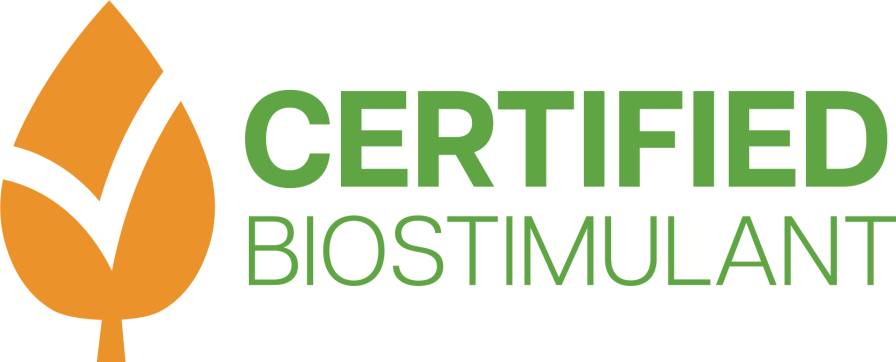Fade to Orange: The Coming Biotech Flashpoint
For many, the views regarding biotech crops have tended to divide into two distinct camps — they are scientifically proven options for agriculture to feed a growing global population (white) or they are potentially harmful “Frankenfoods” that are being pushed on an unsuspecting populace by uncaring, profit-first “big agriculture” companies (black).
Until now, there has been little gray area in this debate. But there might soon be an orange one.
For the past few years citrus growers across the U.S. have been battling a devastating new disease. Called huanglongbing (HLB) or citrus greening, this disease causes orange trees to eventually die; its most notable symptom being a greening or stunting of fruit, especially after ripening. It is spread by an insect, the citrus psyllid. HLB originated in Asia but has spread to virtually the entire world (except mainland Japan) as of 2018.
The disease first showed up in Florida in 2005. Since then, according to experts, citrus production out of the Sunshine State has fallen to approximately one-fourth of what it had been before HLB appeared, and hundreds of citrus growers have been forced to exit the marketplace. Since 2012 the disease has also been confirmed in Texas and California orange trees as well.
At the 2018 AgVocacy Forum, hosted by Bayer CropScience, an entire segment was devoted to how HLB is impacting the global citrus market. In fact, according to Tim Angela, Global R&D Fellow, Citrus Science and Technology for The Coca-Cola Co., the company has been forced to import oranges from Brazil for its Minute Maid brand to make up for the shortfall in Florida oranges. “But this is increasing our costs to produce orange juice,” Angela said.
Even worse, there is no known cure for HLB. According to Harold Browning, COO for the Citrus Research and Development Foundation, the only viable option to combat the disease is for scientists to genetically modify (GMO) orange trees with genes to make them resistant to HLB. “Traditional breeding methods will take too long, given the rapid spread of HLB,” Browning said. “American consumers have been consuming GMOs for 20 years without problems. Consumers opposed to GMOs will have to ask themselves if they still want orange juice on their tables in the morning or not, because that’s not going to happen without science.”
This could be a game-changing moment for the biotech movement. Many industry insiders have often pointed out that it’s easy to be opposed to GMOs in categories in which alternatives are plentiful. But what if the choice boils down to having oranges or seeing them disappear completely? In that case it seems that at least some GMO critics will finally accept one form of biotech plant. And that would represent progress.






